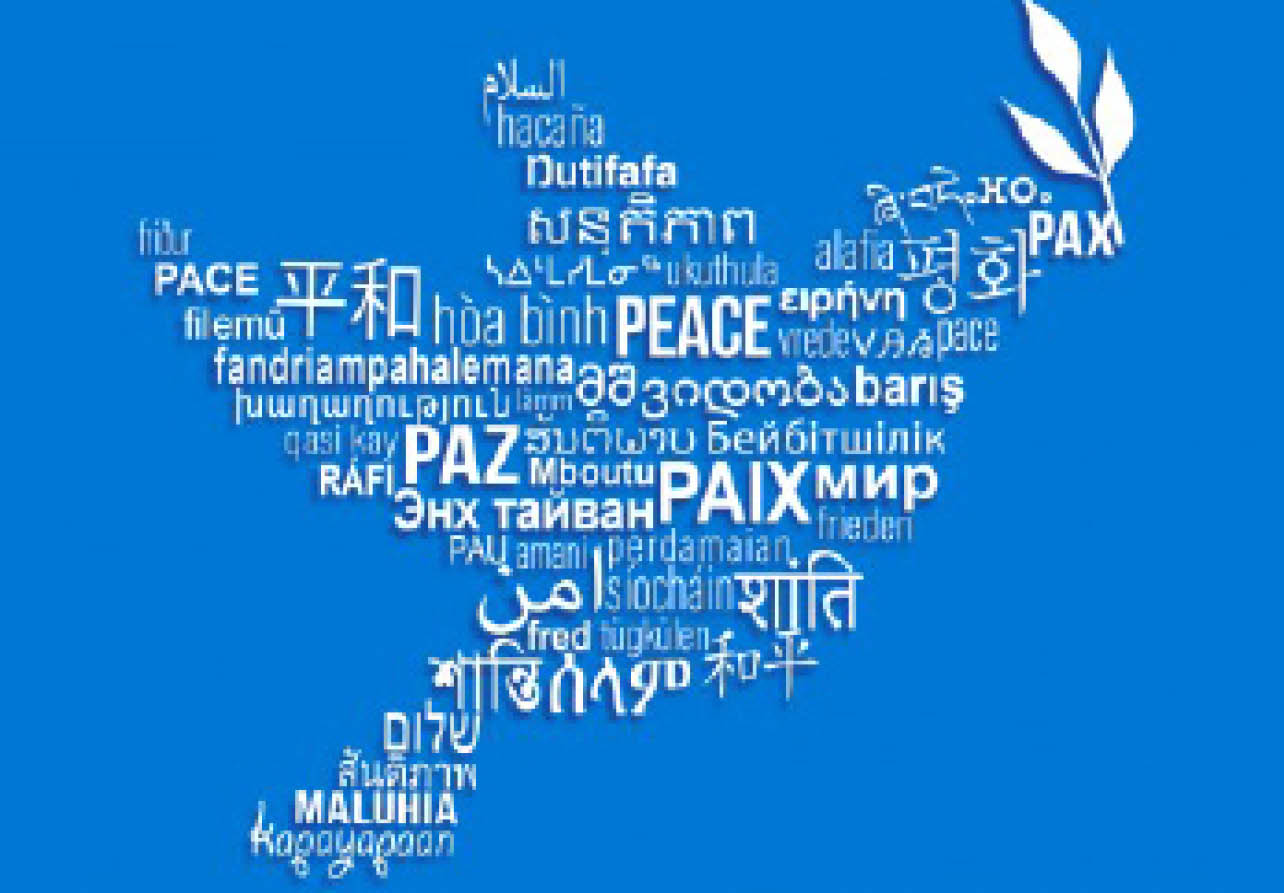February 21 every year is observed worldwide as International Mother Language Day (IMLD). The Day, Insha-Allah, comes up next week Monday. The idea to celebrate the IMLD was initiated by Bangladesh. It was approved at the 1999 UNESCO General Conference and has, since 2000, been observed throughout the world. Believing in exploring cultural and linguistic diversities for global peace, UNESCO is encouraging nations to preserve the differences in cultures and languages with a view to fostering tolerance and respect for others.
The choice of “Using technology for multilingual learning: Challenges and opportunities” as the theme of the 2022 IMLD may have been informed by the COVID-19 pandemic, which compelled countries to deploy technology-based solutions to ensure that learning continued while pupils and students remained at home. Schools were forced to shut down in many countries for most part of 2020. Given Nigeria’s infrastructural realities where many learners and even their teachers lack the necessary technology and unimpeded internet access, we shall examine, in this discourse, the development or under-development of indigenous languages in Nigeria rather than focus on how technology concerns mother tongue in Nigeria.
- Some Nigerian youngsters with dual nationalities who may emulate Lookman Ademola
- Grey Areas: Organ Transplantation in Nigeria
Nigeria, like every other multilingual and multicultural society, requires native languages to survive. Languages transmit and preserve traditional knowledge and cultures of the people. However, native languages with their implications for identity are increasingly being threatened in some parts of the world including Nigeria. Globalization is one influential factor. Available statistics shows that at least 43 percent of the estimated 6000 languages spoken in the world are now endangered. When languages fade or go extinct, so does the world’s rich cultural diversities. Unique modes of expression are also lost. The more languages disappear, the more a nation’s linguistic diversity is threatened.
It is not good enough that as a country, Nigeria is still developing its National Language Policy (NLP). What we currently have are pockets of policy statements about indigenous languages in the approved national policies for other sectors. For instance, Section 20(d) of the existing National Policy on Education in Nigeria stipulates that “the medium of instruction in the primary school shall be the language of immediate environment for the first three years in monolingual communities”. Similarly, Section 97 of the country’s 1999 constitution provides for the use of indigenous languages during plenary sessions at state houses of assembly. The Section reads in part, “The business of a House of Assembly shall be conducted in English, but the House may in addition to English conduct the business of the House in one or more other languages spoken in the State as the House may by resolution pass”.
Although the country’s NLP is yet to become an official document, there are little or no assurances that the policy would be of any utility to indigenous languages when it is finally approved. This is because we have not, as a people and as government, shown enough seriousness in the implementation of strategic guidelines existing in other policy documents of government.
For example, Nigeria’s education policy on the use of mother tongue during the first three years of basic education only exists on paper even though the policy had been there for decades. The policy remains far from being implemented. This is even as the late educationist and former Minister of Education in Nigeria, Professor Babs Fafunwa, affirmed that science and mathematics can best be understood better by children when taught in their mother tongue. The Nigerian which is likely to be replicated in other developing countries of Africa and Asia only goes to corroborate the research finding that 40 percent of global population does not have access to education in the native language they speak or understand.
Mother tongue makes it easier for children to learn other languages. It helps to boost a child’s personal, social and cultural identity. The use of mother tongue enables children to develop literacy skills. Besides, skills learnt in mother tongue do not have to be re-taught when the child transfers to a second language. Because of the friendly linguistic milieu, children learning in mother tongue at the lower-basic classes enjoy school more and learn faster.
Aside of Lagos and Kano States houses of assembly where indigenous languages are occasionally used at plenary sessions, it is yet to become a popular practice among state lawmakers in the country. What stops a lawmaker in Niger State from speaking, for example in Nupe or Gwari or Hausa during plenary? Why is a legislator from Borno State refusing to speak in Kanuri or Shuwa dialect of the Arabic language at plenary? Why should a lawmaker from Edo or Cross River State not proudly speak in Etsako or Effik during sittings? This and other inactions by Nigerians are institutionally and individually, though regrettably, fast-tracking the killing of their indigenous languages.
In spite of our inadequacies in the preservation and development of our native languages as evident policy or implementation or gaps, the response by Nigerian families especially in urban towns and cities to the imperatives of protecting their respective mother tongues is sadly abysmal. Is it not unfortunate that, out of excessive obsession for the West or something more foolish than that, some Anglomaniac Nigerians adopt other than their mother tongue as the language of interaction between them and their immediate family members? The use of English or any other language in place of mother tongue in a Nigeria home especially by those who consider such as ‘civilization’ is nonsensical; a shameless display of cultural deficit. The more the number of native speakers of a language reduces, the faster it dies
We call on government to support institutional and individual efforts at developing and standardizing the alphabet and orthography, which many indigenous Nigerian languages still lack. To guarantee the survival of smaller indigenous languages which remain vulnerable to perpetual domination by major Nigerian languages, we urge government to hasten to bring out a comprehensive NLP document that clearly articulates when, where, and how to use indigenous languages in addition to their values and equitable rights. May Allah guide us against eccentricities that will lead us to nurture children who cannot speak or understand their mother tongue, amin. Happy Mother Tongue day!

 Join Daily Trust WhatsApp Community For Quick Access To News and Happenings Around You.
Join Daily Trust WhatsApp Community For Quick Access To News and Happenings Around You.


